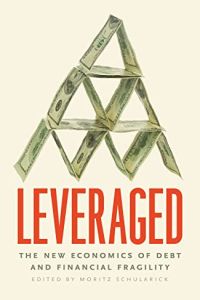
Leveraged
The New Economics of Debt and Financial Fragility
Recommendation
Inspired by the disruptions caused by the 2008 financial crisis and the COVID-19 pandemic, this collection of essays offers an engaging overview of the latest thinking in economics and its practical implications. Many of the conclusions presented here question the pre-2008 assumption that financial systems will be just fine, as long as free markets and private incentives prevail. The work of the late, great Hyman Minsky – who explained human nature’s tendency toward boom-and-bust cycles – is a recurring theme and inspiration. Edited by professor Moritz Schularick, this notable book shows how credit and leverage are fundamental factors in recent crises.
Summary
About the Author
Moritz Schularick is a professor of economics at Sciences Po in Paris and the University of Bonn, Germany. The authors of the sections are associated with the Institute for New Economic Thinking.









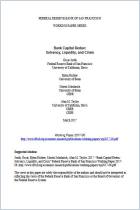
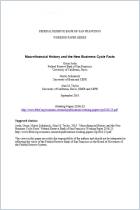
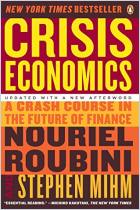
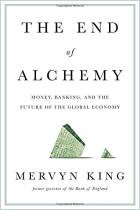

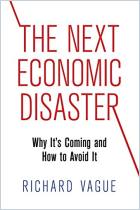
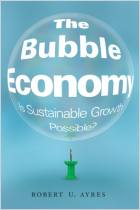
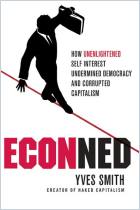



Comment on this summary or Diskussion beginnen
In the wake of this tumultuous year, Leveraged: The New Economics of Debt and Financial Fragility, edited by Moritz Schularick, navigates through the complicated landscape of debt and its relationship to financial stability. Elgar (forthcoming 2022) The contributors to this book — a mixture of economists and financial experts — offer a multi-disciplinary view on the complicated nature of leverage in contemporary economie
Leverage and Financial Crises
The book goes on to explain how exorbitant debt, or leverage, has been an essential factor in past financial crises. The first point above is why many including the have taken a look at past financial collapses such as the 2008 global financial crisis, and the only real conclusion is that in the absence of any solutions to the aftermath of the crisis, there are some changes that should be made to our economic system or we will continue to suffer dire consequences.